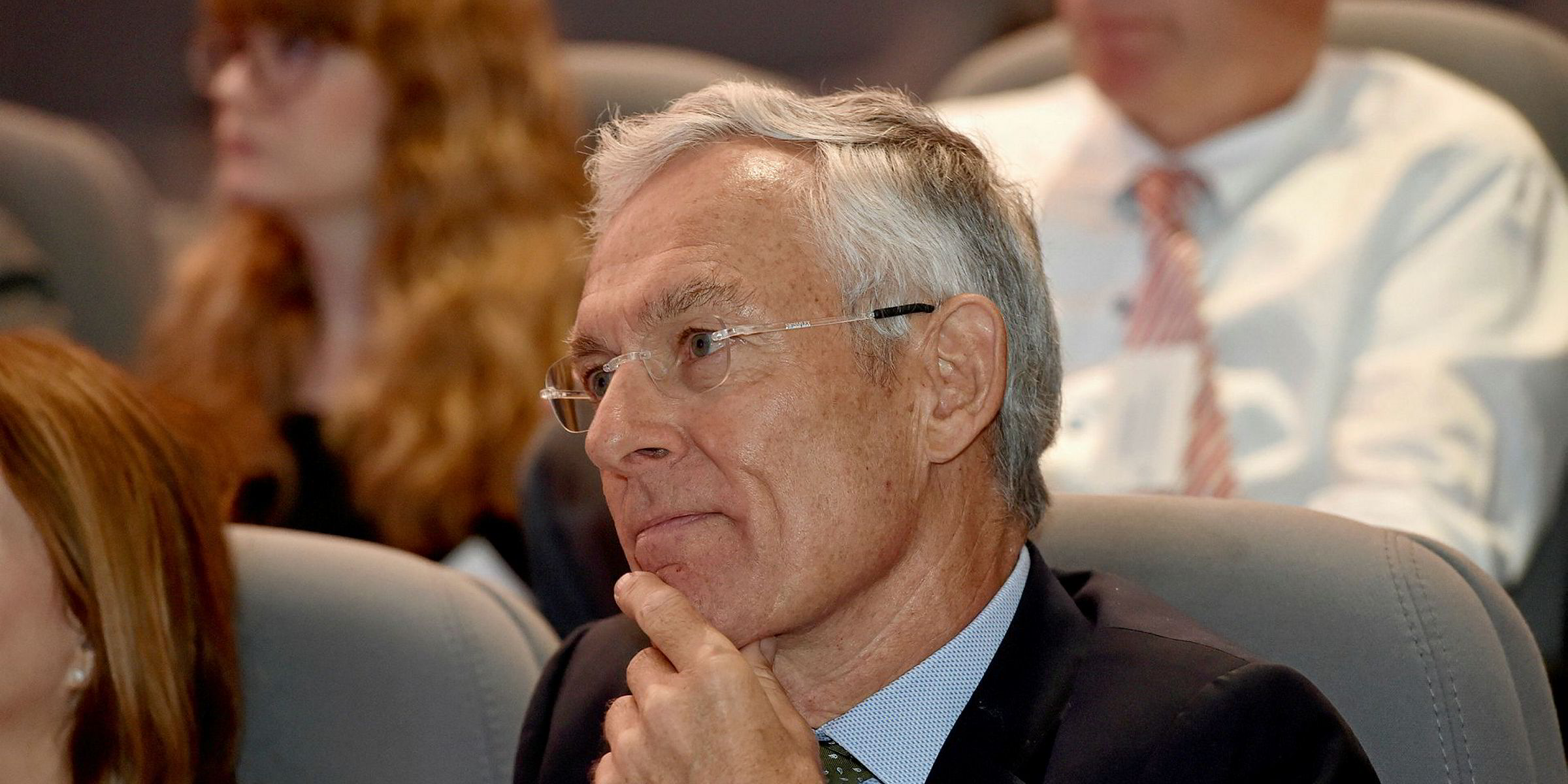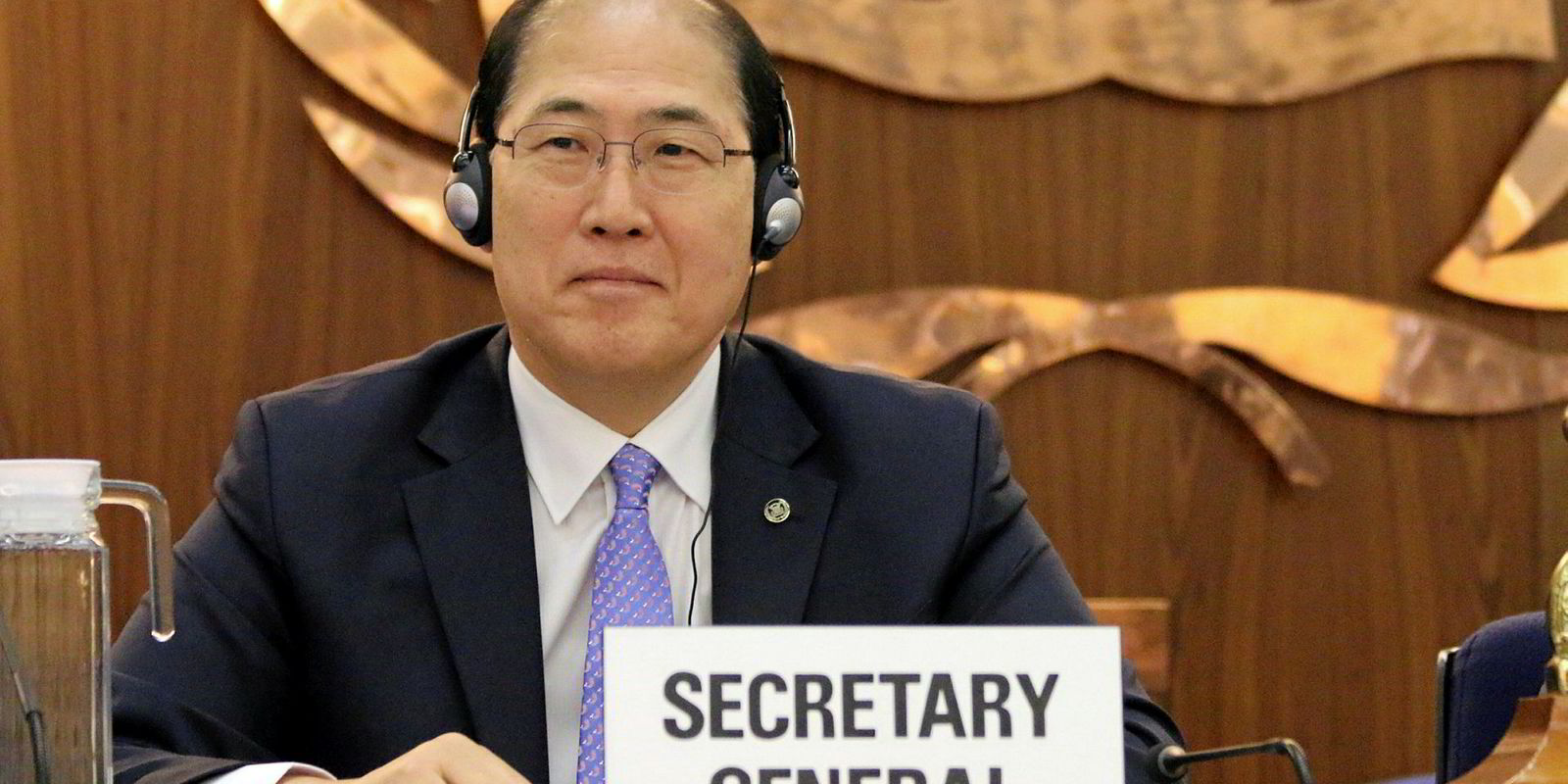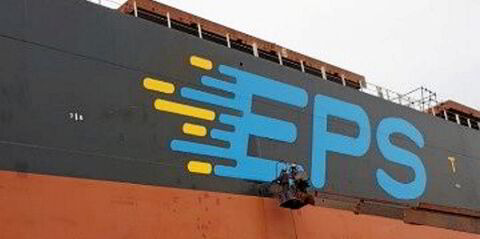The IMO's attempt to come up with a programme of carbon reduction targets hinges on bringing together a group of progressive countries with ambitious goals and another bloc of countries that are resistant to change.
The debate is likely to turn deeply political, with developing countries particularly keen to see that their economic interests are not damaged by measures to counter climate change.
On one side stand the European Union, China, Japan and the Marshall Islands and other Pacific nations that are calling for the IMO to set ambitious targets for CO2 emissions reduction. In the opposing camp are the US, South American countries including Brazil and Argentina, the United Arab Emirates and Saudi Arabia.
The man tasked with bringing the sides together is Marine Environment Protection Committee chairman Hideaki Saito, a Japanese bureaucrat from the Ministry of Land, Infrastructure, Transport and Tourism.
Esben Poulsson, president of the International Chamber of Shipping, suggested the ambitious nations need to curb their expectations, while those with a more conservative approach will also have to compromise.
“Governments on all sides of the debate are going to need to show far more willingness to compromise on their current positions, or put at risk an agreement on a meaningful strategy,” he said.
European Community Shipowners' Associations president Panos Laskaridis said the negotiations were at a “sensitive and political stage”. He urged an “insightful compromise approach” from European member states to come to an agreement.
Bimco deputy secretary general Lars Robert Pedersen said the IMO needs to show it is the right organisation to manage shipping’s greenhouse gases to see off possible regional action.
“We certainly hope that at the end of MEPC 72, member states will have joined forces and agreed a strategy that is sufficiently ambitious to show that IMO is dealing with emissions from shipping,” Pedersen said. “There must be an agreement to avoid a damaging situation.”




